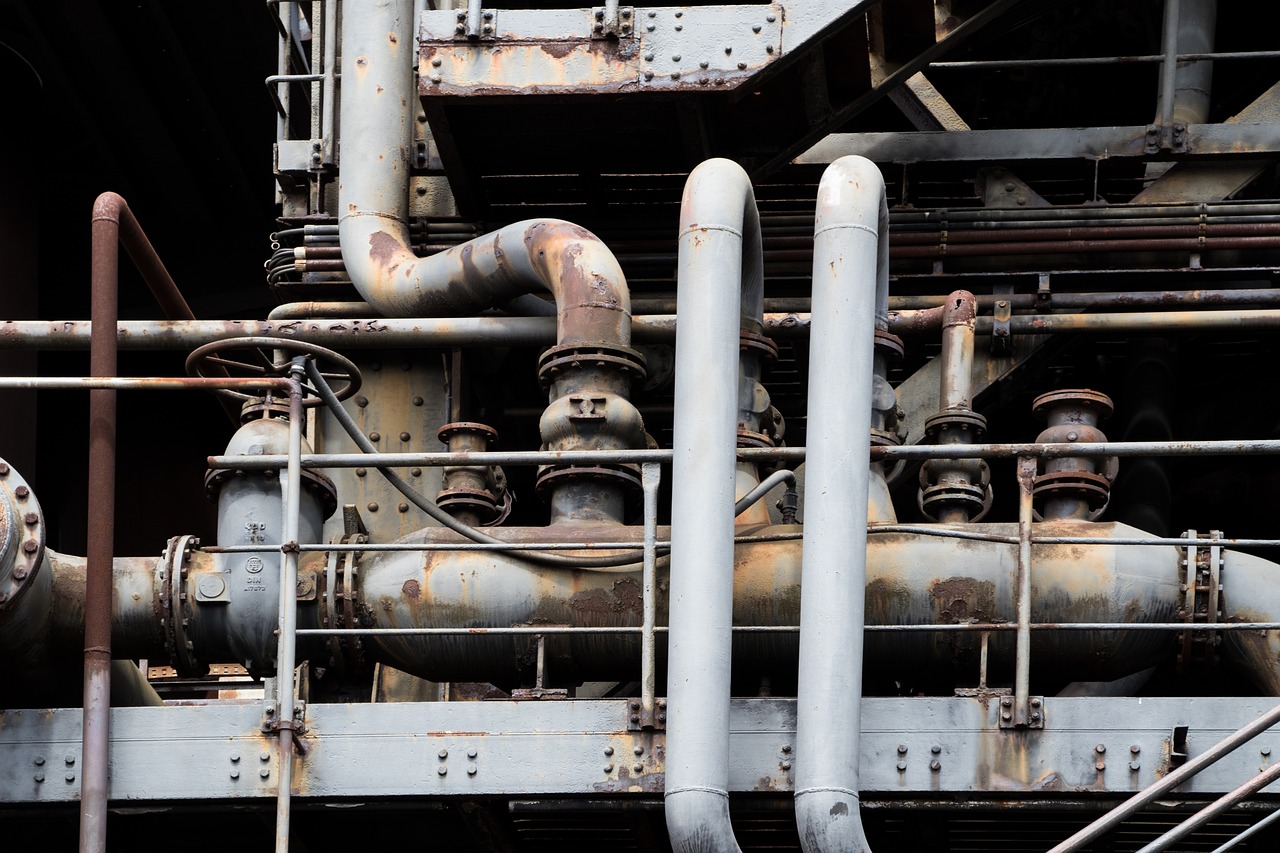In the industrial sector, there are a multitude of needs. This means there is a wide variety of pipelining materials, types, and styles as well. The good news is that industrial CIPP solutions can serve a wide variety of needs, covering almost any pipelining type out there.
Read on to learn more about the different types of pipes you can use CIPP to fix.
Pipe Materials for Industrial CIPP
One of the benefits of CIPP lining is that it can be used on any type of pipe material. Whether you’re looking at old pipes made from materials no longer used or you’re looking at new pipes and materials, you can use these liners on all of them.
This includes the following materials:
- Concrete
- Corrugated Metal
- Steel
- Clay
- Cast Iron
- PVC
- ABS
- HDPE
- Orangeburg
The unique properties of CIPP allow it to adhere to even some of the most challenging materials out there. This makes it an effective solution for odd materials, aging infrastructure, and so much more.
Pipe Sizing for Industrial CIPP
Another factor that you may need to consider with pipe repairs is the size of the pipe. For the most part, there is little to no limitation on pipe sizing. You do have to be cautious not to use lining on some of the tiniest pipes. At some point, the lining becomes a hindrance when you’re looking at pipes that are only an inch in diameter.
Generally speaking, the lining is very thin and won’t hinder flow. But when you get super-small diameters, you have to be more cautious. In industrial pipelining, this is rarely an issue.
You can also use CIPP on large-diameter pipes. If you’re looking at something like storm drains or massive pipes that are part of huge systems, CIPP can still work.
In general, the rule of thumb is that CIPP can be used for any pipes from 3 to 60 inches in diameter. That’s a wide range, making CIPP suitable for a full array of needs. In this case, size rarely stops CIPP from being effective.
When CIPP May Not Work
There are some scenarios where CIPP may not really be a feasible solution. In commercial and industrial facilities, it is uncommon to face these deterrents. However, it is still important to be aware of them.
We mentioned above pipes that are 3 inches or less in diameter. Again, this is not as common, but you may have pipes in that range.
Here are some additional scenarios that CIPP may not work for:
- Complicated systems with obstructions or excessive bends
- Pipes that have collapsed
- Extensive corrosion
You can use CIPP on corroding pipes, but there is a fine line. If the corrosion is extensive, the pipes are already weakened and likely on the verge of collapse. The pressure of the liner is not a good idea here, and replacement is a better option.
Call Industrial CIPP for Pipeline Repairs
CIPP has very few limitations in the realm of needed repairs. It can be used for the majority of scenarios, making it a total solution you can depend on. Call us today at Industrial CIPP to see if it’s the right fit for your needs.
